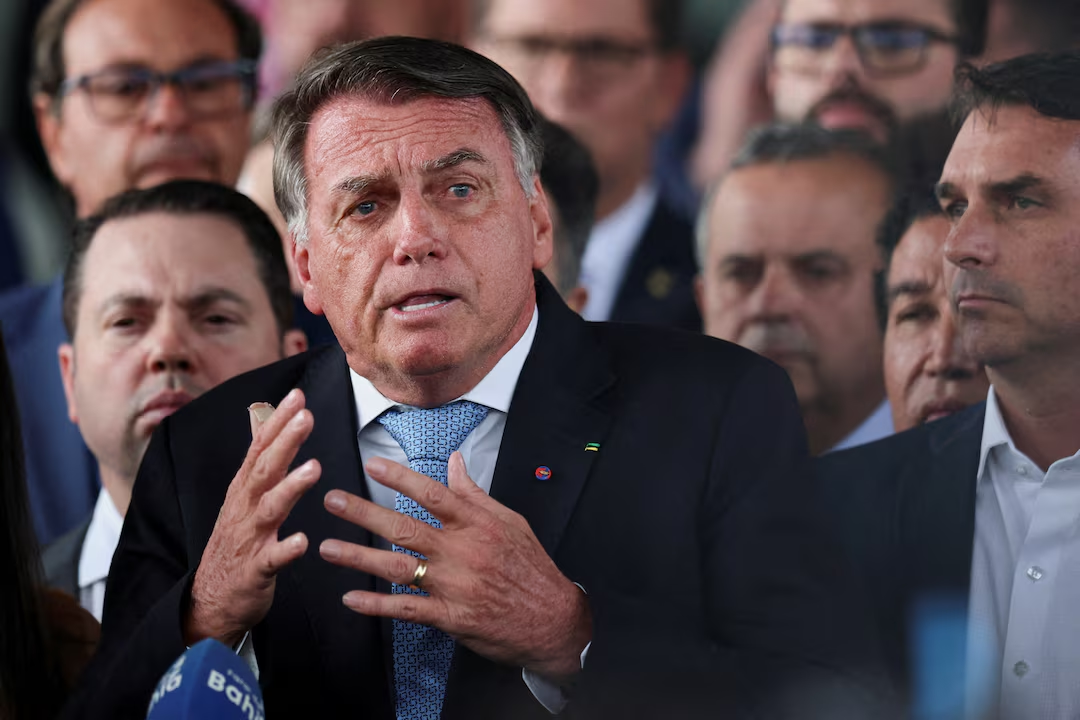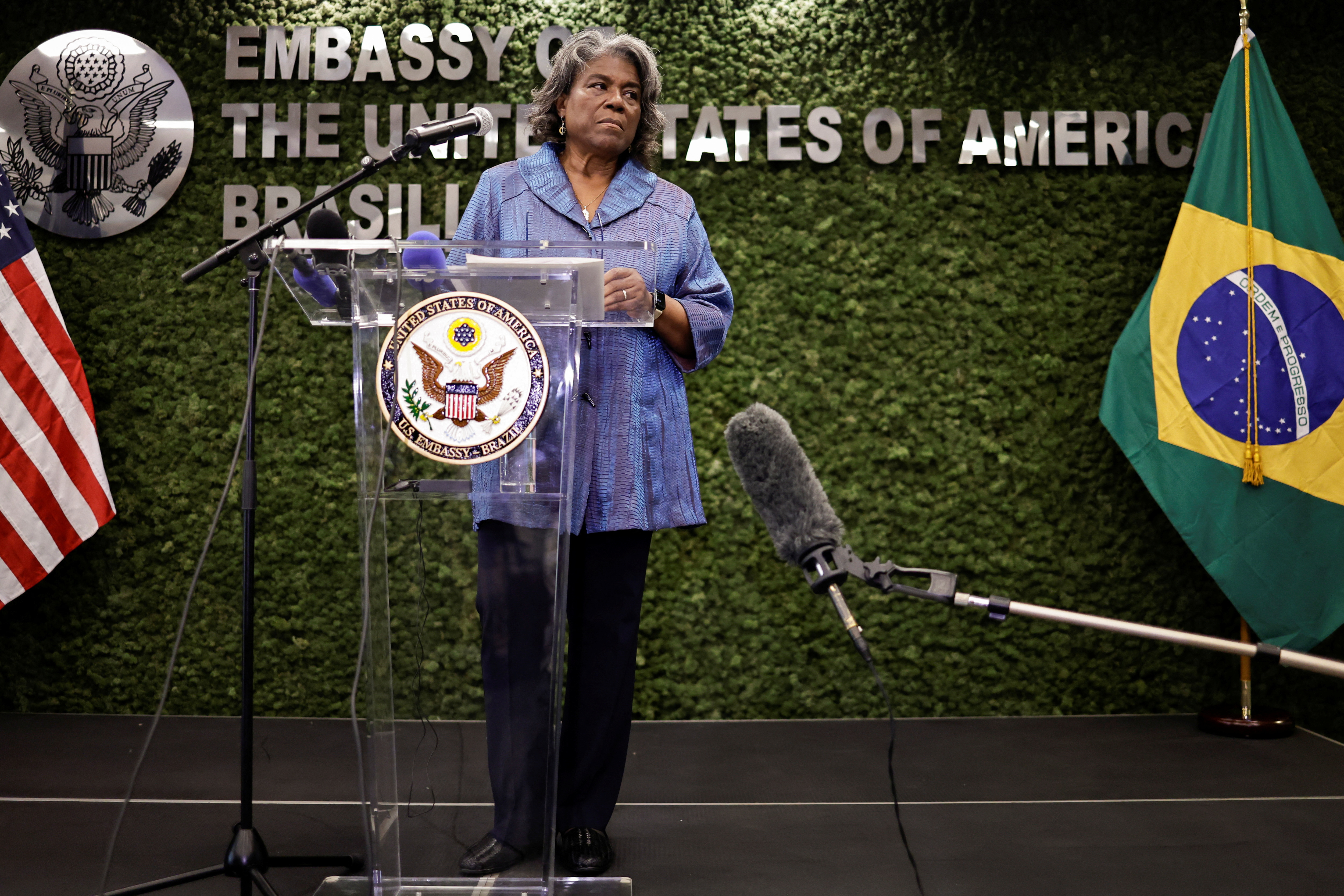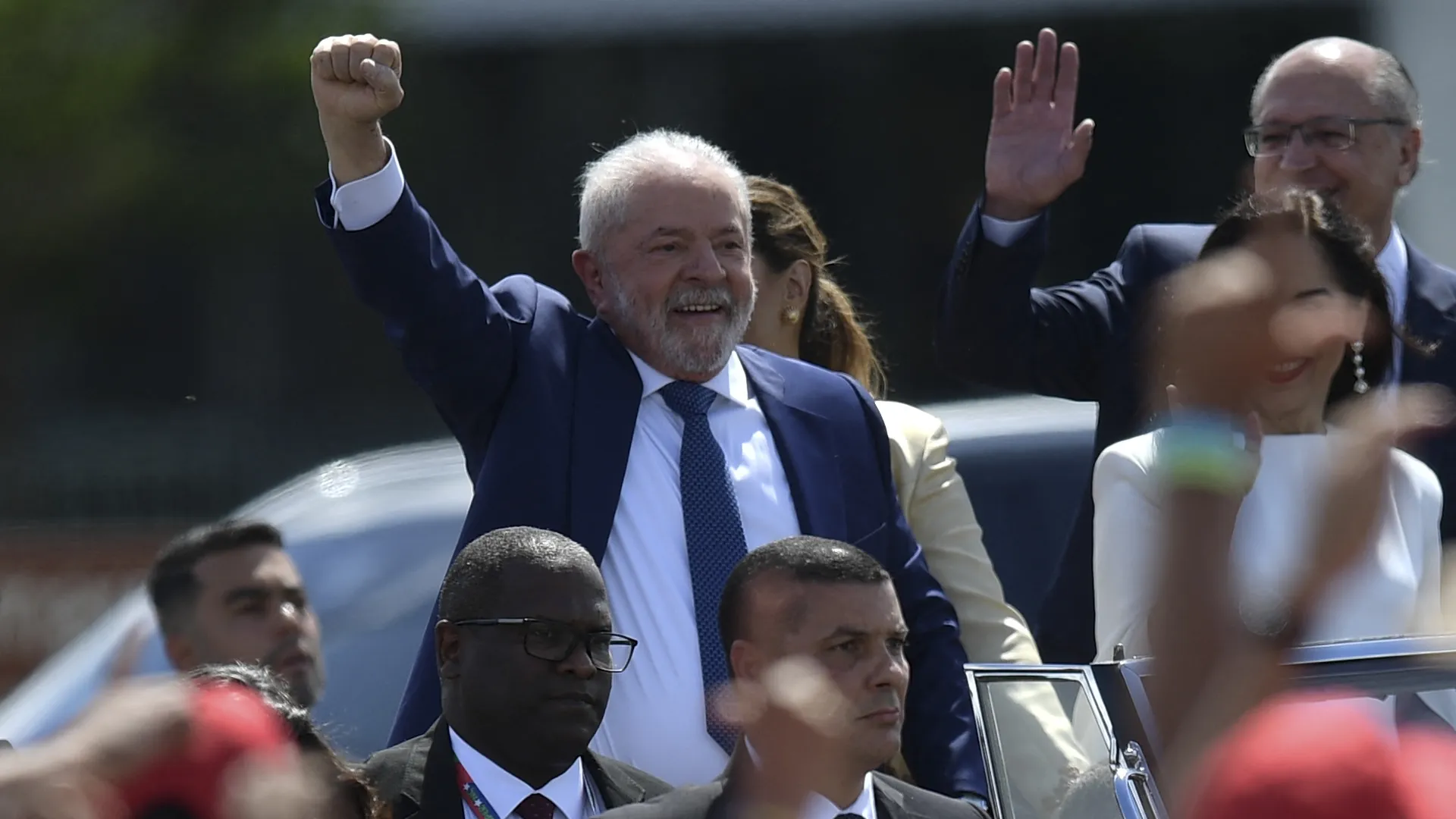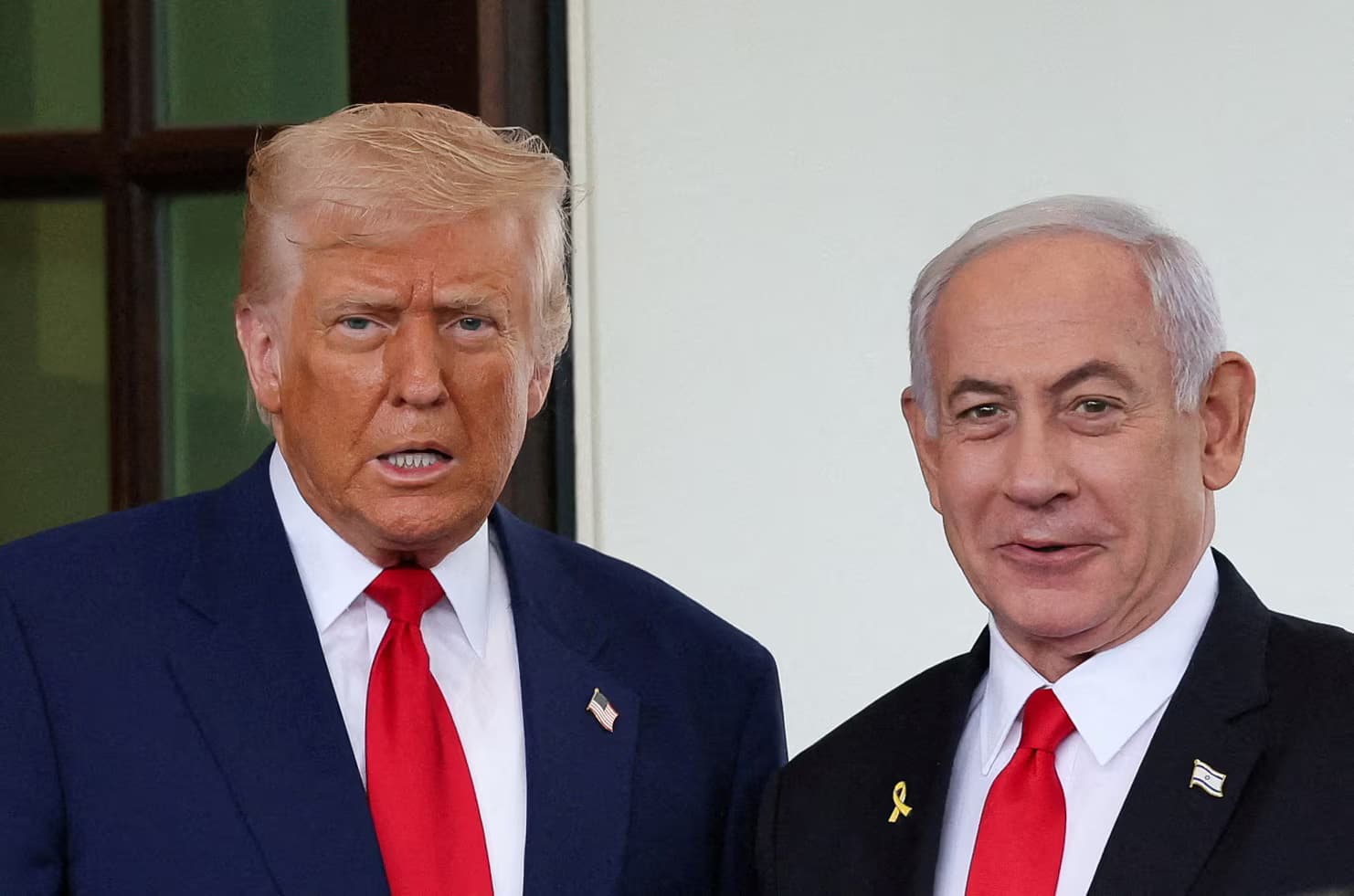Tensions Escalate Between Brazil and the U.S.
The diplomatic landscape between Brazil and the United States has reached a boiling point following a series of incendiary remarks from former President Donald Trump. On July 9, 2025, Brazil"s Ministry of Foreign Affairs summoned the U.S. embassy"s chargé d"affaires in response to a statement defending Jair Bolsonaro, the former Brazilian leader currently on trial for allegedly attempting to subvert democracy. This incident highlights not only the fragility of U.S.-Brazil relations but also the broader implications of Trump"s actions on international democracy.
Bolsonaro"s Trial and Trump"s Unfounded Support
Jair Bolsonaro"s legal troubles stem from accusations that he attempted to orchestrate a coup to prevent Luiz Inacio Lula da Silva from taking office in January 2023. As reported by Reuters, Trump, in a recent press conference, labeled Bolsonaro a victim of a "witch hunt," further polarizing the narrative surrounding Brazil"s democratic resilience. By issuing public support for Bolsonaro, Trump is not only undermining Brazil"s legal processes but also signaling a troubling endorsement of authoritarian tactics.

Brazil Supreme Court to put Bolsonaro on trial for alleged ...
Tariff Threats Amplify the Diplomatic Rift
Compounding the tensions, Trump announced imminent tariff threats against Brazil and other BRICS nations, labeling them as "anti-American" during a White House event. He stated that Brazil has "not been good to us, not good at all," and hinted at 10% tariffs on member nations of the BRICS group. This economic aggression reflects a broader strategy of using tariffs as a weapon to coerce nations into compliance, particularly those that challenge U.S. hegemony. Lula"s response was defiant, asserting, "The world has changed. We don"t want an emperor," and emphasizing Brazil"s sovereignty.
The Broader Implications for Democracy
Trump"s actions and rhetoric are alarming not only for Brazil but for the global democratic framework. The defense of Bolsonaro by the U.S. government can be seen as tacit approval of authoritarianism, which undermines democratic values on a global scale. As reported by Reuters, the American Embassy in Brasilia echoed Trump"s sentiments, stating that Bolsonaro"s political persecution is "shameful and disrespectful of Brazil"s democratic traditions." Such statements embolden authoritarian leaders worldwide and set a dangerous precedent that could incite similar behavior in other nations.

US envoy to UN urges Brazil to see Ukrainian side to the war ...
Consequences for International Relations
This diplomatic crisis not only threatens U.S.-Brazil relations but could also reverberate throughout Latin America and beyond. Countries witnessing the rise of authoritarianism may feel empowered to sidestep democratic norms, believing they have the backing of a powerful ally. Lula"s assertion that "other countries have the right to impose tariffs too" signals a potential for economic retaliation that could escalate tensions further. The ramifications of this conflict extend far beyond trade and tariffs; they challenge the foundational principles of democratic governance and civil rights.
Call to Action for Progressive Movements
Progressives must rally in response to these alarming developments. It is crucial to advocate for a foreign policy that prioritizes human rights and democracy over economic coercion. The narrative that Trump and his supporters are pushing needs to be countered with a strong commitment to supporting democratic institutions globally. Civil society organizations, grassroots movements, and international coalitions must unite to challenge the normalization of authoritarianism and demand accountability for leaders who threaten the democratic fabric of their nations.

Lula sworn in as Brazil"s president in ceremony Bolsonaro skipped



![[Video] Gunfire between Iraqi security forces and Sadr militias in Baghdad](/_next/image?url=%2Fapi%2Fimage%2Fthumbnails%2Fthumbnail-1768343508874-4redb-thumbnail.jpg&w=3840&q=75)
